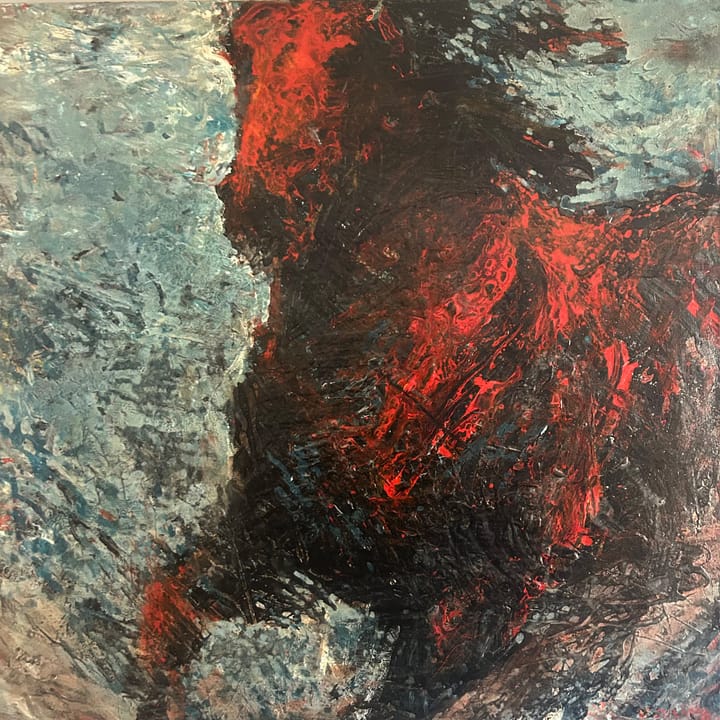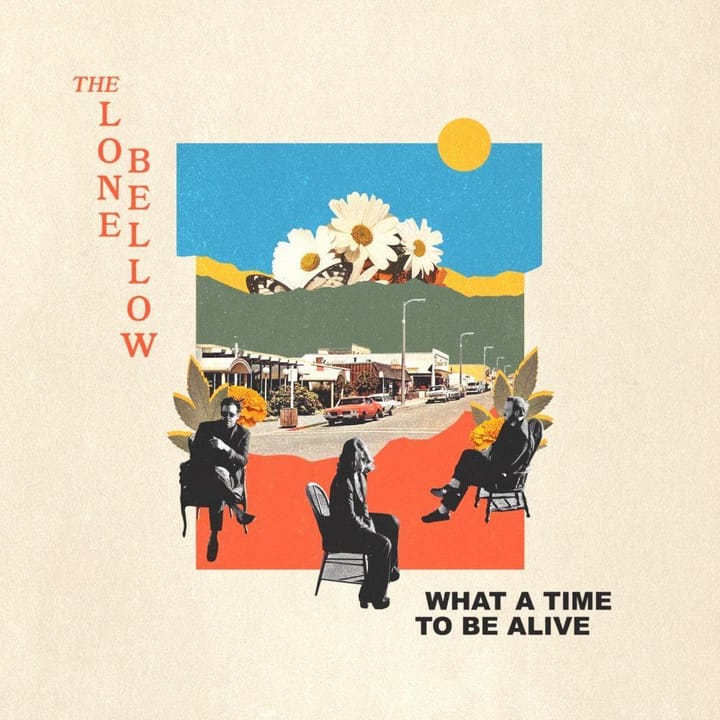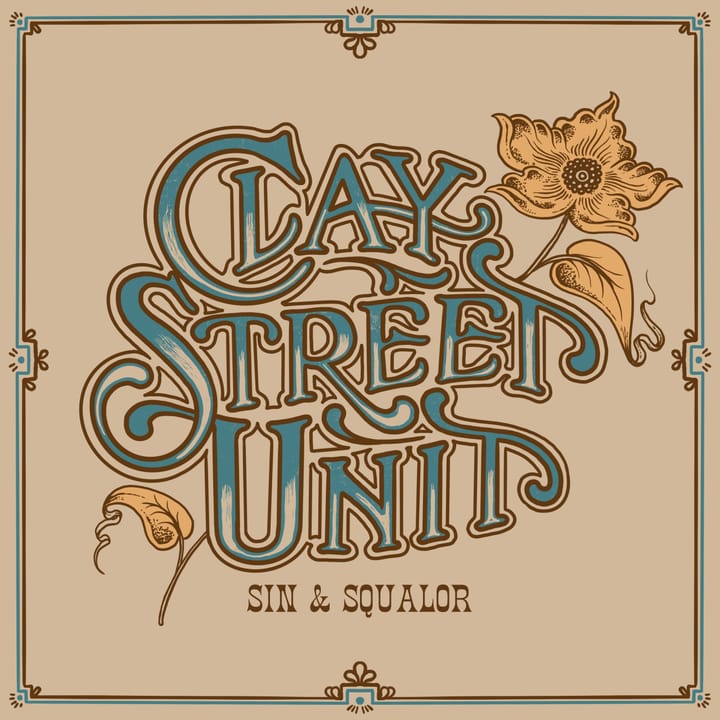The Seattle to which San Angelo, Texas, native Will T. Massey moved circa 1990 he was, what? 20 years old? was a location sought by way of retreat, an end-of-the-road place that had not yet become the center of genetic engineering, gaming, Microsoft, and grunge. It was still a cheap city in which to live, a backwater with major-league baseball, where one might practice or hide from one's art, unnoticed.
Massey arrived at the moment that began to change, but remained an anomaly: a Texas songwriter with a contract from MCA and, ultimately, a video on CMT...in Seattle, at the birth of grunge, or whatever that was.
Peter Blackstock, who keeps a log of such things and came to Seattle from Austin at roughly the same time, can remember only one occasion on which Massey performed in town, a couple of songs played during the short-lived Northwest Area Music Awards, probably championed onto the stage by our old boss Charles R. Cross, then publisher of The Rocket magazine. It was in Charley's office where I first heard a fragment of Massey's major-label debut, by way of explanation for why we were devoting a page in The Rocket to his story. Then recovering from my first holiday in country music and re-embracing punk rock, I left his office shaking my head, because I could not at that time hear the reason for his enthusiasm.
The NAMA show seems to have expired in 1992, the year flannel became a national fashion statement and local musicians no longer needed to gather together to celebrate the accomplishments of their obscurity. Massey went on to tour with people like Steve Earle, and to vanish, shuttling back and forth between Seattle and Texas, evidently lost in both places.
var amzn_wdgt={widget:'MP3Clips'};amzn_wdgt.tag='nodepr-20';amzn_wdgt.widgetType='SearchAndAdd';amzn_wdgt.keywords='will t massey';amzn_wdgt.title='NoDepression.com Player';amzn_wdgt.width='234';amzn_wdgt.height='60';amzn_wdgt.shuffleTracks='False';amzn_wdgt.maxResults='20';
Every once in a while, during the thirteen years we published No Depression together, I would ask Peter about Will T. Massey, and maybe we would joke about him being the Willis Alan Ramsey of his generation. (Ramsey released one album, with songs that went on to be covered by Jimmy Buffett, New Grass Revival, Shawn Colvin, and even Captain & Tennille with "Muskrat Love"; he has spent the balance of his creative life re-recording its follow-up. I went to see him, once, during SXSW a few years ago, and he didn't materialize.)
And so, when Will T. Massey e-mailed a few weeks back to see if I would listen to his new self-released disc Wayward Lady his eighth album, by his reckoning, counting two cassette-only releases from his teens (one of which, 1989's Lloyd Maines-produced Slow Study, has been reissued) I broke my present rule which says I'm semi-retired and listen only to what I want to listen to, and suggested he send it along. With, really, no expectations past mild curiosity.
With Wayward Lady came an explanation for his long absence and general obscurity: mental illness. In fairness, all around, I will quote from the accompanying official bio:
"By then living in Seattle, Massey began to distrust everyone around him. Suffering from paranoia and delusions of grandeur (he was pretty good, he acknowledges with a smile, but not that good), he was hospitalized against his will. After returning to Texas, he was hospitalized again. Those two involuntary admissions turned the young singer-songwriter away from the medical profession, he says, and it would be 13 years before he had a diagnosis: schizophrenia.
"It's a disease that Massey is talking about publicly for the first time ever, after three years of increasingly effective treatment.
"'You know, it's interesting; the video that was playing on CMT was called 'I Ain't Here,'" Massey recalls. 'The chorus goes something like this: "Reality is nowhere near/if you're looking for me/I don't know where I'll be/I ain't here..." That was my big song when I actually was going crazy.'"
It is a longer story than those three paragraphs, of course, and it places him somewhere amid the clan of Austin songwriters such as Vince Bell (who suffered head injuries in a near-fatal car wreck) and Daniel Johnston who have had much to overcome before sharing their songs.
One consequence of Massey's long absence is that he missed most of what was going on in the outside world for those thirteen years. He returned, as it were, to a country much changed from the one he left. The child of a Texas politician, then, has taken this album to try to sort out those changes. Two of the ten songs are borrowed: "The Gunner's Dream" from Pink Floyd, and "Hooker With A Purple Heart" from a Vietnam veteran named Michael J. Martin (co-written with Bill Carroll). A third, "Peace Train", bears no relationship to the Cat Stevens song, instead seeking to work through the current military deployment of Massey's stepsister.
The supporting cast offers yet another example of how gifted and supportive the Austin music community remains. Mike Meadows handles percussion; Will Sexton plays bass; Marvin Dykhuis plays stringed things; Richard Bowden fiddles; and Rosie Flores chips in backing vocals.
Past all that, then, are the songs any good?
It is hard to juxtapose this work against that of the handsome, confident young man with long, curly hair playing on the long-ago CMT video, for there is both ease and fragility to his voice now. The lyrics of today's Will T. Massey are less polished and less oblique than those he offered as a young man, but even that is a difficult comparison.
And this: Wayward Lady is the explicitly political work of a man who lost touch for thirteen years. Rare, indeed, is the songwriter today who can mount that charge and ride it to any kind of satisfying finish. Though Massey says he was inspired by James McMurtry's letter in Billboard, the one challenging more songwriters to be political, it seems worth suggesting, at least, that McMurtry's best political song his best song, period, "We Can't Make It Here" was placed amid an album filled with other ideas. McMurtry's more political follow-up album strains to hit that note again and again, but sometimes one must write what's in the heart, not what's on the nightly news.
So, back to the question, are Will T. Massey's songs any good?
They're not as good as the story of his survival, of his re-emergence. But they're good enough to make me curious about the other album's worth of songs he had written when he began this recording, the non-political ones. They're good enough to make me curious about the four albums of songs MCA apparently owns, and has doubtless forgotten entirely about. And to make me curious about the other albums he's quietly released these last few years. And they're certainly good enough to make me glad I answered his e-mail.
Will T. Massey performing "Midnight All Day Long", from his 1991 self-titled album, at a 2006 show in Italy.
* * *
A postscript from the garden: Several longtime correspondents have mourned my attempts in this space to focus my attentions on its primary mission, on music, instead of digressing into the wonders of greasy beans and such.
And so...in a fine bit of justice for a semi-retired music critic, I spent most of yesterday shoveling chickenshit, walking through the turned earth of our expanding garden the part we haven't had time yet to fence and no longer caring that we had already spread horse manure on that soil, that I would come home smelling of all kinds of funk.
Much remains to be done, and we have had too busy a fall yet to prune the trees down in the orchard, to spread composted manure and then grass cloth and then mulch around them. And we have fence to put up. But it was a beautiful day, and my back can be quiet about the spade work, for it felt good to do.
We have also decided that the silver Wyandotte chickens we have raised, and bred (the little ones huddled under a heat lamp yesterday; in fairness, this is my father-in-law's land, and these are his projects that I sometimes get to help with) are ill-suited to their captivity. They are mean chickens, and the roosters are fierce. One of them will soon find his way into the freezer early next week, and we now mean to replace them with some Buff Orpingtons, come spring. Meantime, the eggs are always welcome, and after years of buying the stuff in cans, I have become addicted to the flavor of real chicken stock.




Comments ()